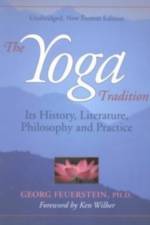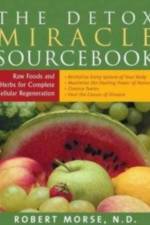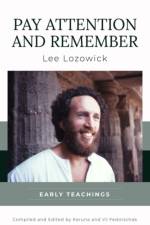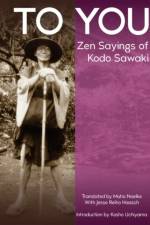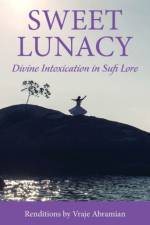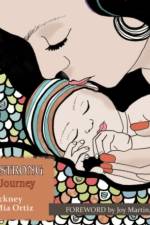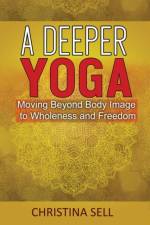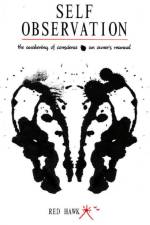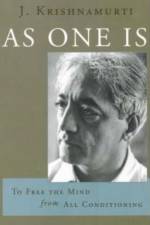- Raw Foods and Herbs for Complete Cellular Regeneration
av Robert S. (Robert S. Morse) Morse
487
"You don't have to accept the 'death sentence' offered by other medical systems," Dr. Morse has told thousands of patients over the years. Since 1972, he has directed a health clinic in Florida, successfully helping people cure themselves of cancer, diabetes, M.S., Crohn's disease, along with both brain and nerve damage. His "miracle" approach is fully detailed in this comprehensive book. The cause of illness is poison (acidosis), i.e., toxins from our food, water and air. No genuine healing can proceed in such a toxified environment. Morse's system is to treat the cause of illness, not the symptoms! The Detox Miracle Sourcebook shows you how to use raw foods and herbs as of the primary means of detoxification, healing, and ultimate regeneration of weak or diseased cells. This book is called a "sourcebook" because of the vast reference material it contains. The author presents a complete overview of every bodily system and every organ. He details the causes of "breakdown" in each system and recommends natural means -- raw foods and herbs -- for cleansing, and then strengthening of each part. Comprehensive charts and tables specify the sources for and uses of vitamins, major minerals, trace minerals, cell salts, herbs, fruits and vegetables, essential oils, phytochemicals. His chapters on what to expect as you detoxify are especially valuable. Morse describes the natural "side effects" (from the mild to the extreme) of releasing toxins from the body. He explains in commonsense terms how to encourage this "healing crisis" while at the same time maintaining overall balance in the body. He also offers dramatic accounts of how his own patients have healed themselves of chronic and acute conditions by using these methods. Two detox "miracle" diets are offered as the core of his natural cleansing system. He offers suggestions for the use of fresh juices, recipes for raw foods and a selection of cooked dishes that will gently ease even the timid into the process. Other outstanding features include: lists of the toxic chemicals commonly found in foods, air, water; a massive glossary of medical and nutritional terms; a Resource Guide for where and how to acquire healthy foods, oils, bodycare products, educational materials, etc.; an extensive Bibliography.

